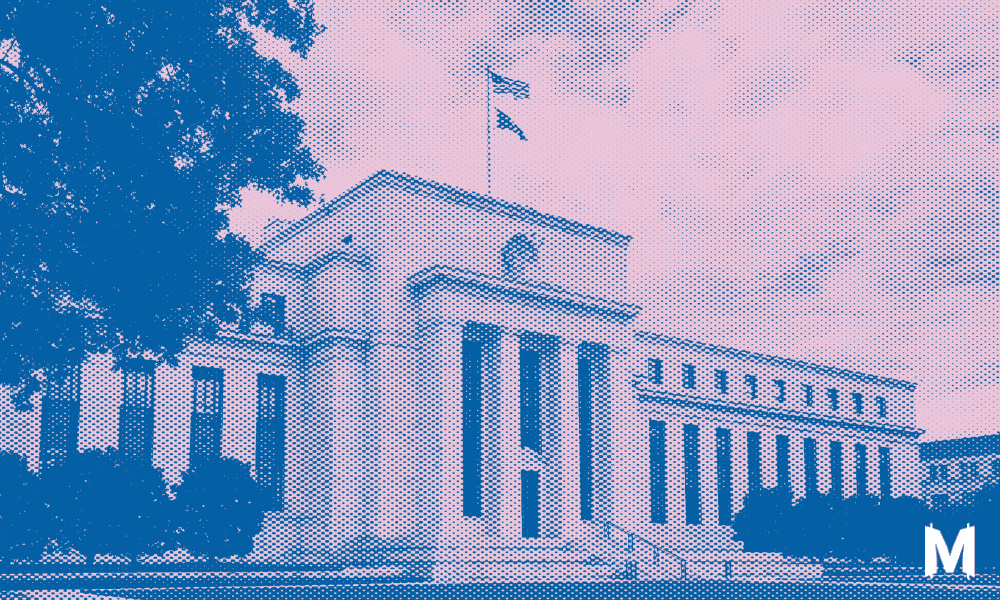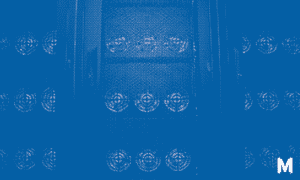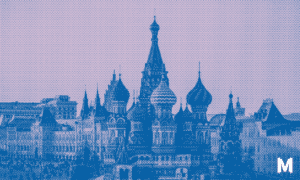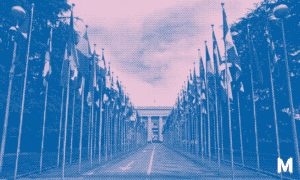According to a press release published by the Federal Reserve Board, an increasing number of bitcoin and crypto exchanges are applying for master accounts at the Federal Reserve.
A master account gives a financial institution direct access to one of the 12 branches of the Federal Reserve.
This is necessary to take advantage of the “services” the Federal Reserve offers, such as overnight lending and borrowing of reserves to and from other banks as well as access to the Fed’s discount window.
The federal funds rate is the rate at which member banks can provide overnight loans to each other using reserves deposited at their master account. The discount rate is the rate at which banks can borrow directly from the Fed in case of liquidity issues.
The Federal Reserve, according to its own accounts, was established after the United States suffered a series of bank panics and failures. The Fed historically sets reserve requirements and provides banks with liquidity in case they can’t meet their reserve requirements.
Bitcoin and crypto exchanges, which mainstream finance often refers to as “shadow banking system”, have increasingly requested access to a master account at the Federal Reserve.
Currently, exchanges only have indirect access to the Fed by teaming up with partner banks that have a master account at the Fed.
A new document with the title “Guidelines for Evaluating Account and Services Requests” outlines the guidelines and requirements for these new financial institutions to acquire a master account at the Fed.
The document opens with the following statement:
“The payments landscape is evolving rapidly as technological progress and other factors are leading both to the introduction of new financial products and services and to different ways of providing traditional banking services.”
According to the Fed, more institutions have been requesting direct access to the Fed:
“Relatedly, there has been a recent uptick in novel charter types being authorized or considered by federal and state banking authorities across the country. As a result, the Reserve Banks are receiving an increasing number of inquiries and access requests from institutions that have obtained, or are considering obtaining, such novel charter types.”




